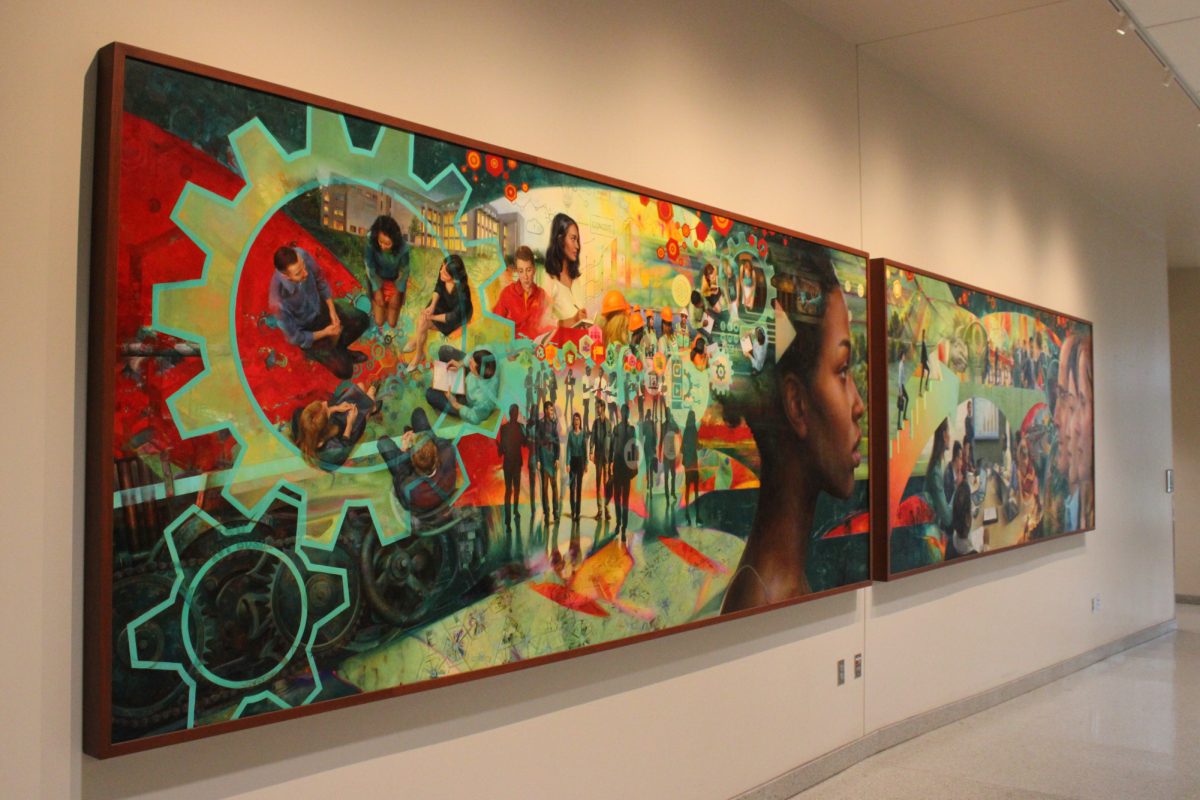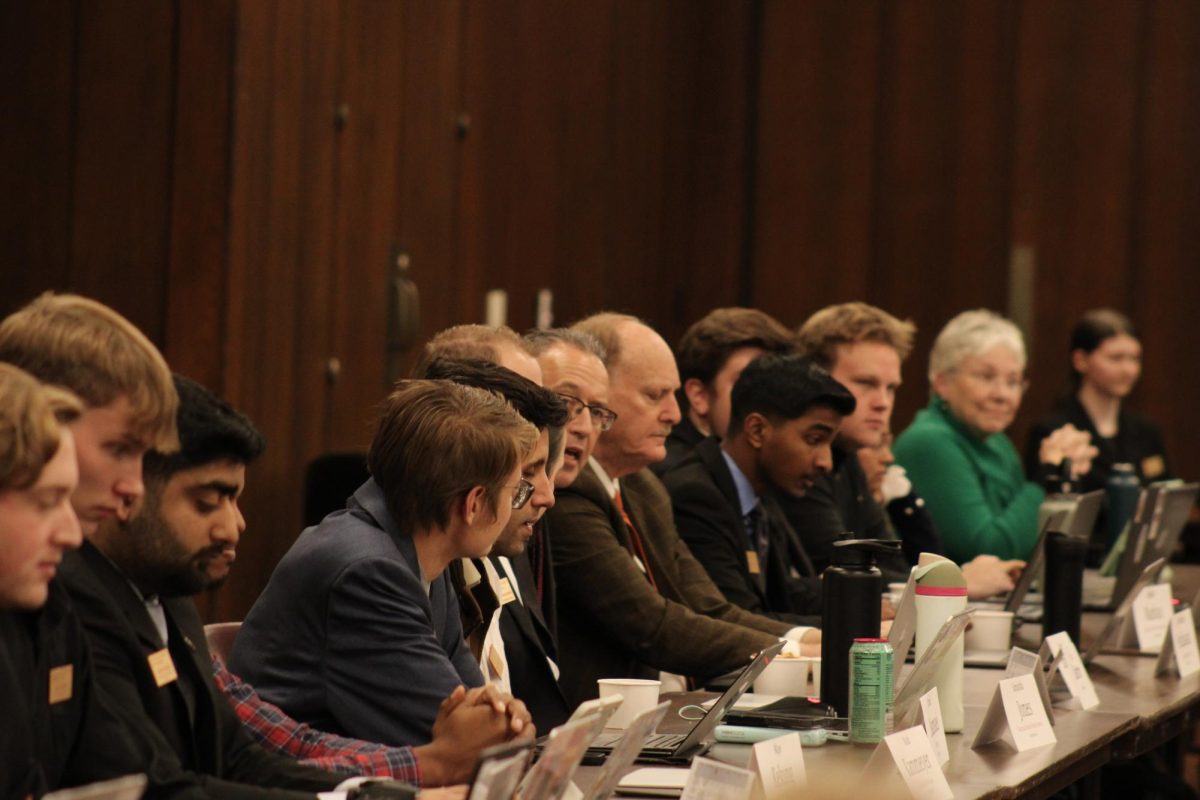Letter to Editor
September 9, 2000
recent years, the policies of affirmative action to protect minority groups are being dismantled. Many view this as a return to the past oppression of “separate, but equal” and a dangerous step back from the progress that has been made over the last 40 years. Others see it as a timely recognition that social equality cannot be regulated by the government, but rather can only be achieved through individual action. Affirmative action programs have come under strict scrutiny in recent years. Issues of integration as a means for social equality, the breakdown of meritocracy, and the division among Americans have come to the forefront in rulings by the Supreme Court over the past decade. Decisions that in the minds of many on both side of the issue have seen the current system of laws fail to provide them with appropriate responses to needed social change. It would be an error in judgment to assume that integration, and forced racial proportionality equates to social equality. The end of integration is not a call for the past oppression of “separate but equal,” but demonstrates that forcing social integration, as a mechanism for diversity, is ineffective. Forced student integration gives the illusion of diversity without truly achieving it. Diversity of color does not equate to equality of race. Physical diversity does not mean social equality. Forced social integration, as a system to facilitate equality, justifies the equal representation of race as a means to ensure the relative equality of a system without the recognition that true diversity is not an issue of color, but of ideals. Physical integration of schools does not achieve social equality for minorities, but offers a basis for equal representation of color by location. Systems to mandate proportional representation are justified as a way to make good on past discrimination and to prevent the spread of further inequality. Programs that strive to impose equal representation based on race and gender are a force against meritocracy. It has long been understood that individual merits are the criteria for employment and education. Individual merit is the only just way to determine who is awarded. It may be true that hundreds of people are qualified for a job, but the purpose of interviewing is to find the most qualified. If the purpose were to find a qualified person, job hiring would often end after the first interview. It is inevitable that deviations from the highest standards in employment or education have resulted in decreases in production, efficiency and education. When those most qualified do not receive employment, because of systems that mandate proportional diversity, it results in a misallocation of human resources. If there are distinctions made between races, and there are programs established to provide preferences based on race, it is inherent that these programs are racially discriminatory. Affirmative action policies as a means for social equality exceed their benefit and should be discontinued at this time. Programs that divide a people cannot stand as a mechanism to unite a nation. Social equality by the people and for the people should be pursued without reservation as the only true means to unite a people. Shawn Faurote
Sophomore
Mechanical engineering






